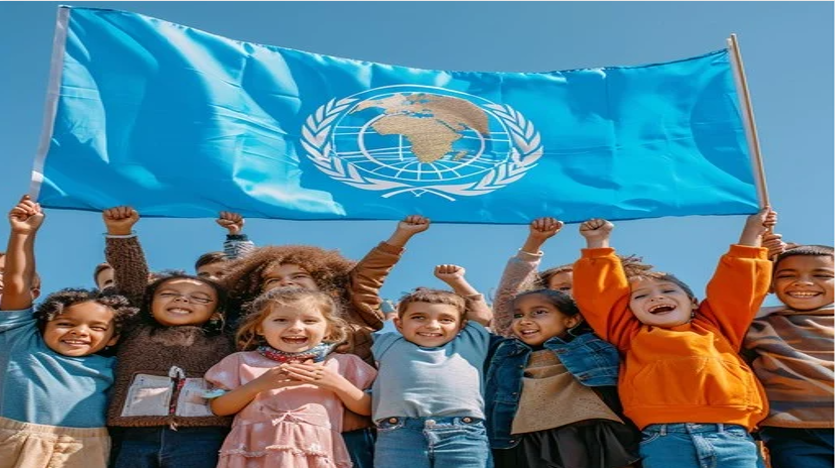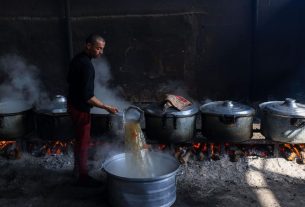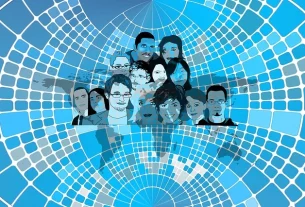In regions like Gaza, Afghanistan, and Syria, children endure unimaginable suffering—victims of conflict, displacement, and deprivation. Their plight transcends religious, racial, and national boundaries, compelling a collective human response rooted in empathy and compassion.
In Gaza, the aftermath of ongoing hostilities has left over 1,500 children with severe injuries, including amputations, while many others suffer from psychological trauma. Approximately 1.9 million people, half of them children, are displaced, living in overcrowded conditions with limited access to basic necessities . Similarly, in Afghanistan and Syria, children face dire circumstances—ranging from malnutrition and lack of education to exposure to violence and exploitation .
Organizations like Save the Children and UNICEF are actively providing humanitarian aid and psychosocial support to these vulnerable populations. In Gaza, Save the Children has been instrumental in offering mental health services to children affected by the conflict . UNICEF reports that nearly half of Gaza’s children require health services and psychosocial support due to the ongoing crisis .
These efforts underscore a fundamental truth: suffering knows no religious or ethnic boundaries. The universal values of empathy and compassion are integral to all major faiths and serve as a unifying force in addressing human suffering. Religious organizations, such as Caritas Syria and the Catholic Near East Welfare Association, exemplify this by providing aid to all individuals in need, irrespective of their background .
The humanitarian crises in these regions demand a response that is not only compassionate but also just and sustainable. The international community must prioritize the protection of children and ensure that humanitarian aid reaches those most in need. This is not merely a matter of charity but of upholding our shared human dignity.
In the face of such adversity, our collective empathy and commitment to humanitarian principles can pave the way for healing and hope.



